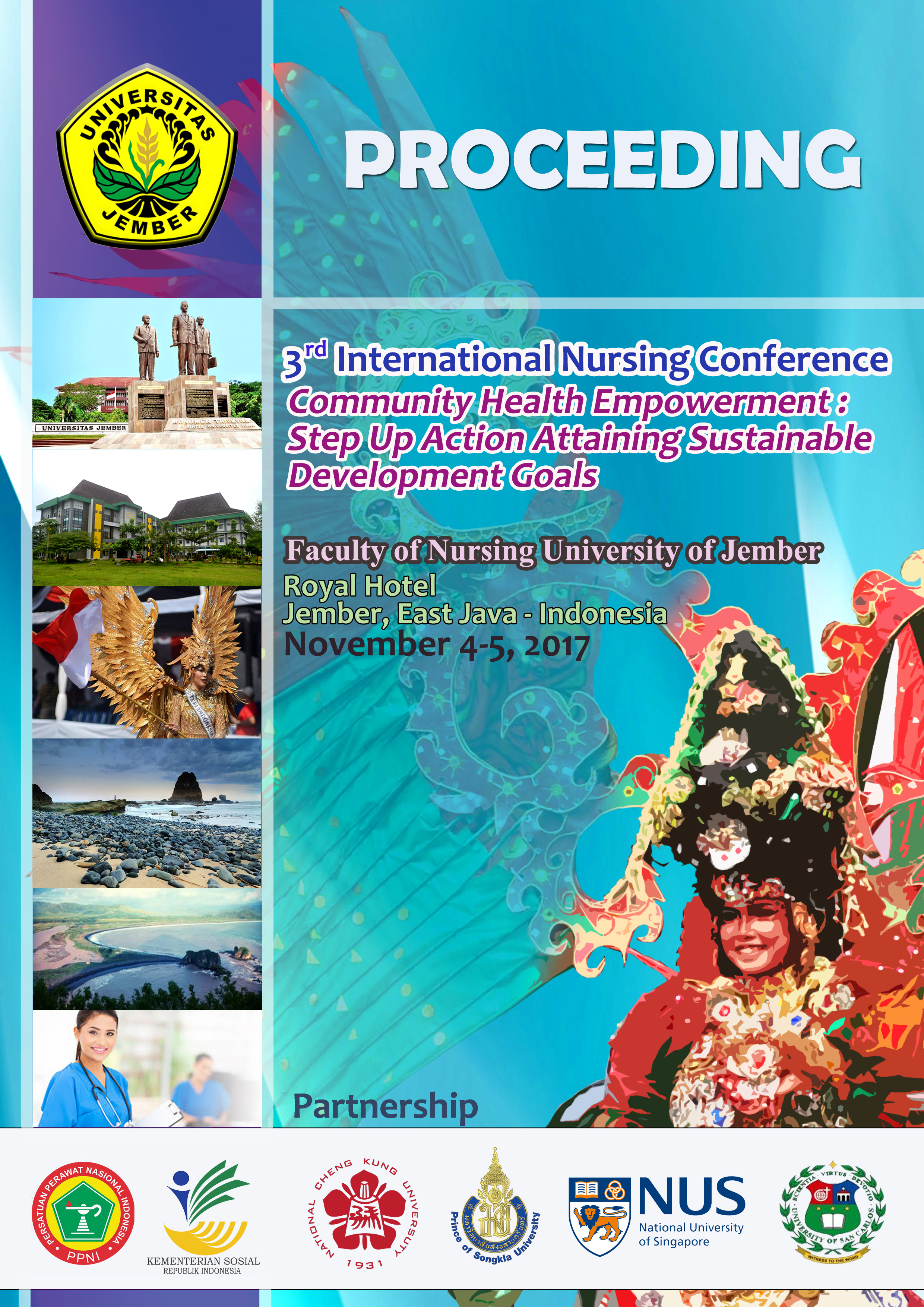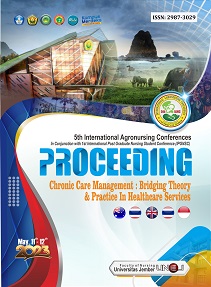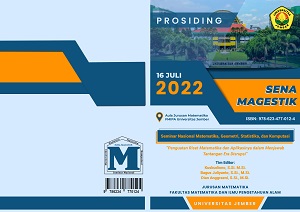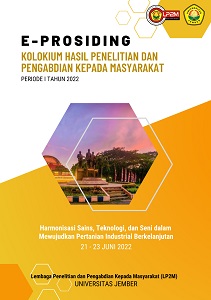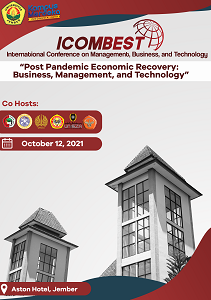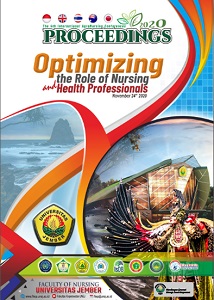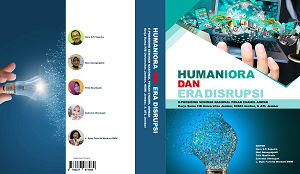APPROACH TO PROBLEM BASED LEARNING MODELS IN NURSING EDUCATION: SYSTEMATIC REVIEW
Abstract
Background: Profession nurse is one of the profession as a health worker who plays an
important role in achieving health development goals. In producing competent nursing
student graduates, educators need to design learning that can generate students' potential in
using their critical thinking skills to solve problems. One of the learning approaches is to use
the learning model of "Problem Based Learning (PBL)". Methods: This study uses a
systematic method of review which combines several research journals to be reviewed and
analyzed and taken a conclusion. Results: Exposure to research conducted by Williams and
Beattie (2008), Shin and Kim (2013), as well as research conducted by Hernando et al. (2014)
it can be seen that the application of PBL in nursing education can encourage students to have
the initiative to learn independently. This experience is indispensable in everyday life where
the development of one's mindset and work patterns depends on how he or she taught
himself. Conclusions: Problem Based Learning (PBL) should be used in learning, especially
in nursing learning because with PBL there will be meaningful learning. The PBL learning
model also encourages students to integrate knowledge and skills on an ongoing basis and
apply them in a relevant context.
Keywords: problem based learning, nursing education, learning model

